Access the full opinion piece at the New York Daily News, published April 4, 2024.
By Ilana Preuss
Mayor Adams celebrated on March 6 the New York City Planning Commission’s approval of his “City of Yes for Economic Opportunity” proposal, which now proceeds to full City Council consideration on April 8.
It is the largest overhaul of the city’s commercial and manufacturing zoning in 60 years, and it holds great promise for all New Yorkers. That’s because it allows small clean production businesses in commercial corridors in all five boroughs for the first time, and that will benefit everyone.
Small clean production includes small-scale manufacturing businesses, which create products — from hardware to handbags to hot sauce — that are sold in retail shops and online. Small-scale manufacturers are, therefore, not solely dependent on foot traffic for revenue, making them well-suited to neighborhoods and business districts seeking to revitalize from significant vacancies.
Small-scale manufacturers typically start as home-based businesses, often building from the culture and heritage of the community, and then shift to brick-and-mortar retail settings, as they grow. This makes the businesses an asset to all communities, as every part of our population has a unique culture and heritage on which to build.
These enterprises are likely to hire and spend dollars with people in the local community, spreading their economic benefits further. That’s important, because nearly all job growth in the United States is created by new and young businesses.
Small-scale manufacturers sell retail, wholesale, or as part of supply chains. They sell locally, nationally, and beyond, bringing dollars into the community. As they grow, they help build community wealth through local business ownership and its broader impact. Research shows that for every 1% increase in the entrepreneurship rate, the poverty rate decreases by 2%.
Increased business ownership also helps address the pervasive racial wealth gap. Black business owners have 12 times the wealth, as compared to Black community members who do not own businesses. Every step we take to reduce the barriers for residents to own businesses and grow them into local storefronts helps the community and the broader city.
Allowing small-scale manufacturers into local storefronts increases opportunities to bring energy back to blocks…. Access the complete article here.

